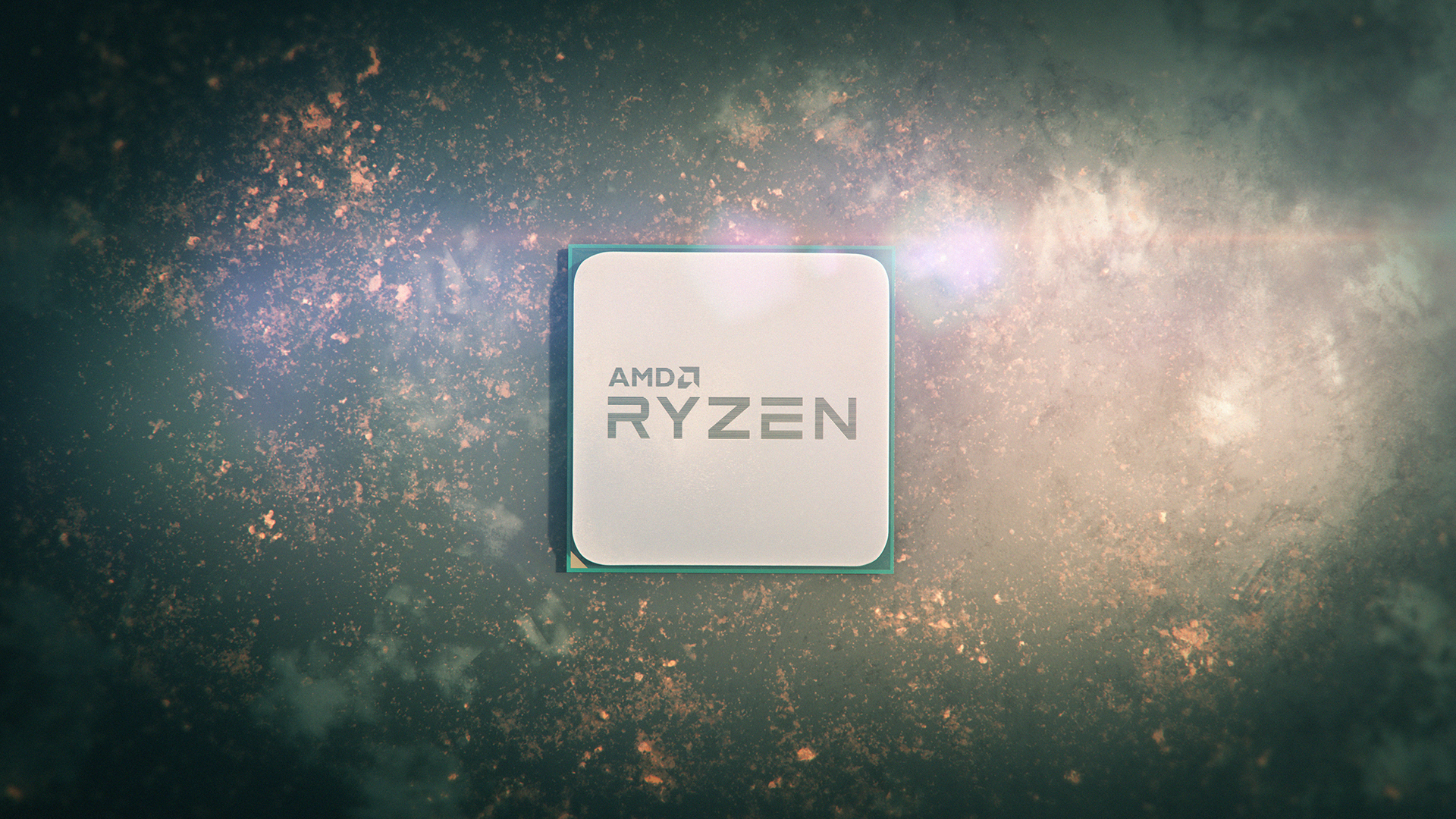AMD Ryzen 4000 desktop CPUs could blow Intel away with nearing 20% IPC boost
AMD’s claiming 15-17% better IPC, but OEMs say it feels faster, rumor suggests

Sign up for breaking news, reviews, opinion, top tech deals, and more.
You are now subscribed
Your newsletter sign-up was successful
AMD’s Ryzen 4000 desktop processors which are expected to arrive later this year will be a massive step on in terms of performance compared to current Ryzen 3000 CPUs, if the latest from the rumor mill is to be believed.
We should note upfront that the source of this speculation, a certain ‘Ice Universe’, is not one of the sources we’d normally expect to come forth with info on AMD – and while Wccftech, which spotted this, insists that the leaker has a solid enough track record, that mainly seems to revolve around smartphone rumors.
>> break again, too hard.Several people asked me to translate this post by "Ice Universe". Here goes:Disclaimer: I don't know Zen3's IPC uplift, only translating *as is*. Please take rumors with a large bowl of salt.The only thing I endorse is the last sentence: AMD YES!😀 pic.twitter.com/R7MsPmjPvwMay 15, 2020
At any rate, we’d treat this one very cautiously, but as you can see from the tweet translated by RetiredEngineer on Twitter – advising the use of a large bowl of salt himself – it outlines ‘gossip’ about the performance of Ryzen 4000 CPUs based on Zen 3 (the fact that it’s self-proclaimed ‘gossip’ should be borne firmly in mind as well).
- Check out the best gaming PCs of 2020
- We've chosen all the best graphics cards
- These are the best processors
Apparently, AMD is claiming around 15% to 17% better IPC (instructions per clock) with its next-gen CPUs, and if anything, engineers at two prominent device manufacturers are purportedly saying that with testing, sample Ryzen 4000 chips are looking even more promising than this (and that they are owning Intel on the power consumption front, too).
Could that even hint at a near 20% uplift in IPC compared to Ryzen 3000? This is entering the territory of guesswork now, of course, but we have heard whispers of perhaps 15% or even as much as 20% gains from the grapevine in the past.
Then again, there has also been talk of a more modest increase pitched around 8% to 10%.
However, theoretically as we get closer towards launch, we should be hearing more accurate estimations regarding how much of an uplift Ryzen 4000 will deliver. But ultimately, these are just estimations, and as ever we have to trust that the rumor isn’t partially or even wholly fabricated. In this case, as we’ve already said, it’s one of the shakier sounding Ryzen 4000 rumors to have emerged.
Sign up for breaking news, reviews, opinion, top tech deals, and more.
Intel in serious trouble?
Still, if it is true, or close to the truth, Intel may be trouble, given that it’s about to be launched 10th-gen Comet Lake processors are late to the party, and have their work cut out keeping up with Ryzen 3000 – let alone AMD’s next-gen chips, particularly if this sort of speed boost really is in the cards.
Intel does also have 11th-gen Rocket Lake desktop CPUs on the horizon and ready to roll with a new architecture, and as we’ve observed before, one theory is that they could be released in a hurry to try to combat the Ryzen 4000 threat.
However, with Comet Lake chips not even on the shelves yet, and Ryzen 4000 potentially looking to launch around October – just five months from now – it’s hard to see how Rocket Lake is going to get close to Ryzen 4th-gen (it seems more likely that Intel’s 11th-gen CPUs will debut in Q2 of 2021, or perhaps Q1 at a push).
Whichever way you dice it, things don’t look great for Intel, particularly not if the higher-end of Ryzen 4000’s IPC boost estimations – 15% or even nearer 20% – comes to fruition.
Darren is a freelancer writing news and features for TechRadar (and occasionally T3) across a broad range of computing topics including CPUs, GPUs, various other hardware, VPNs, antivirus and more. He has written about tech for the best part of three decades, and writes books in his spare time (his debut novel - 'I Know What You Did Last Supper' - was published by Hachette UK in 2013).